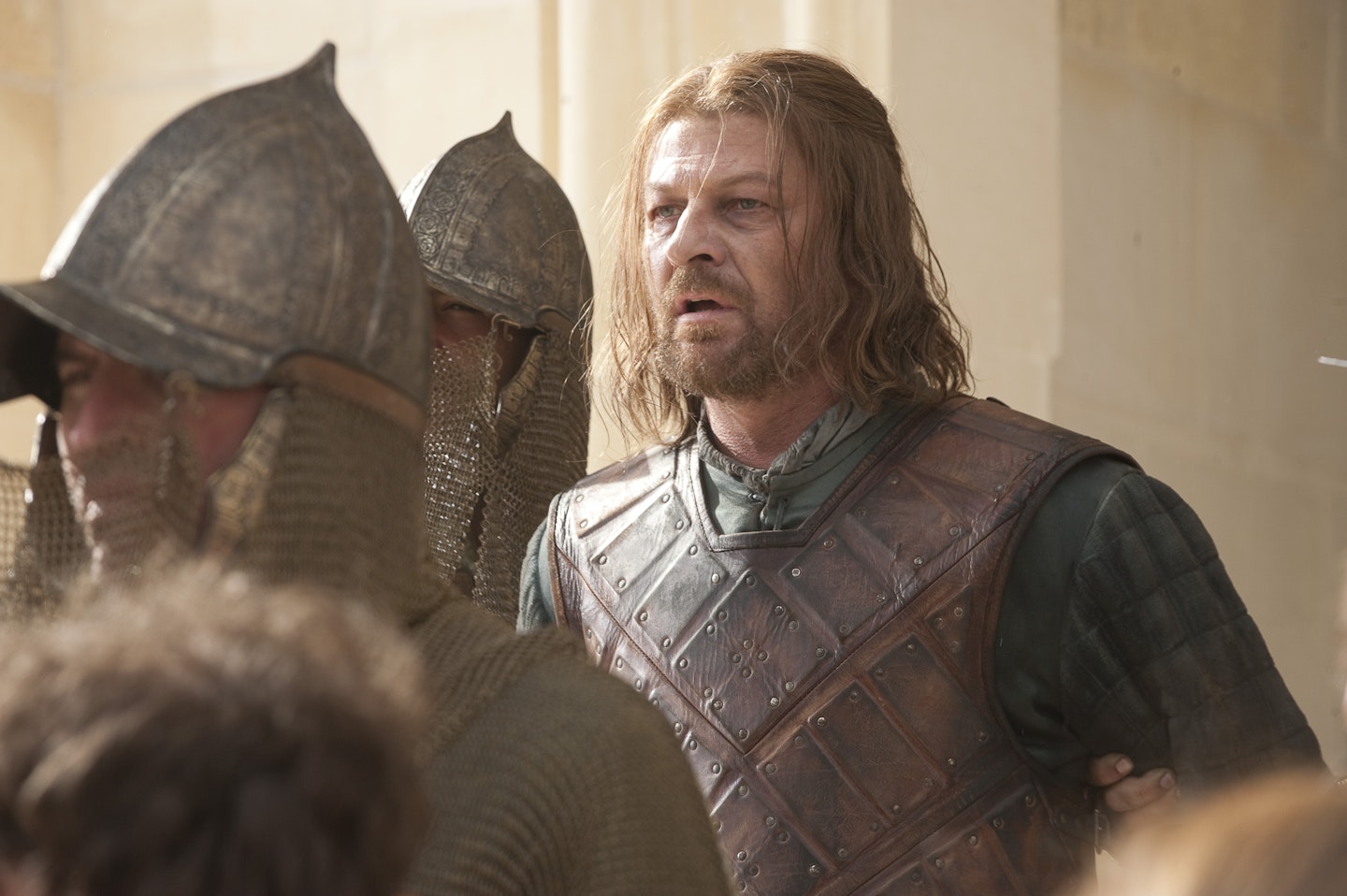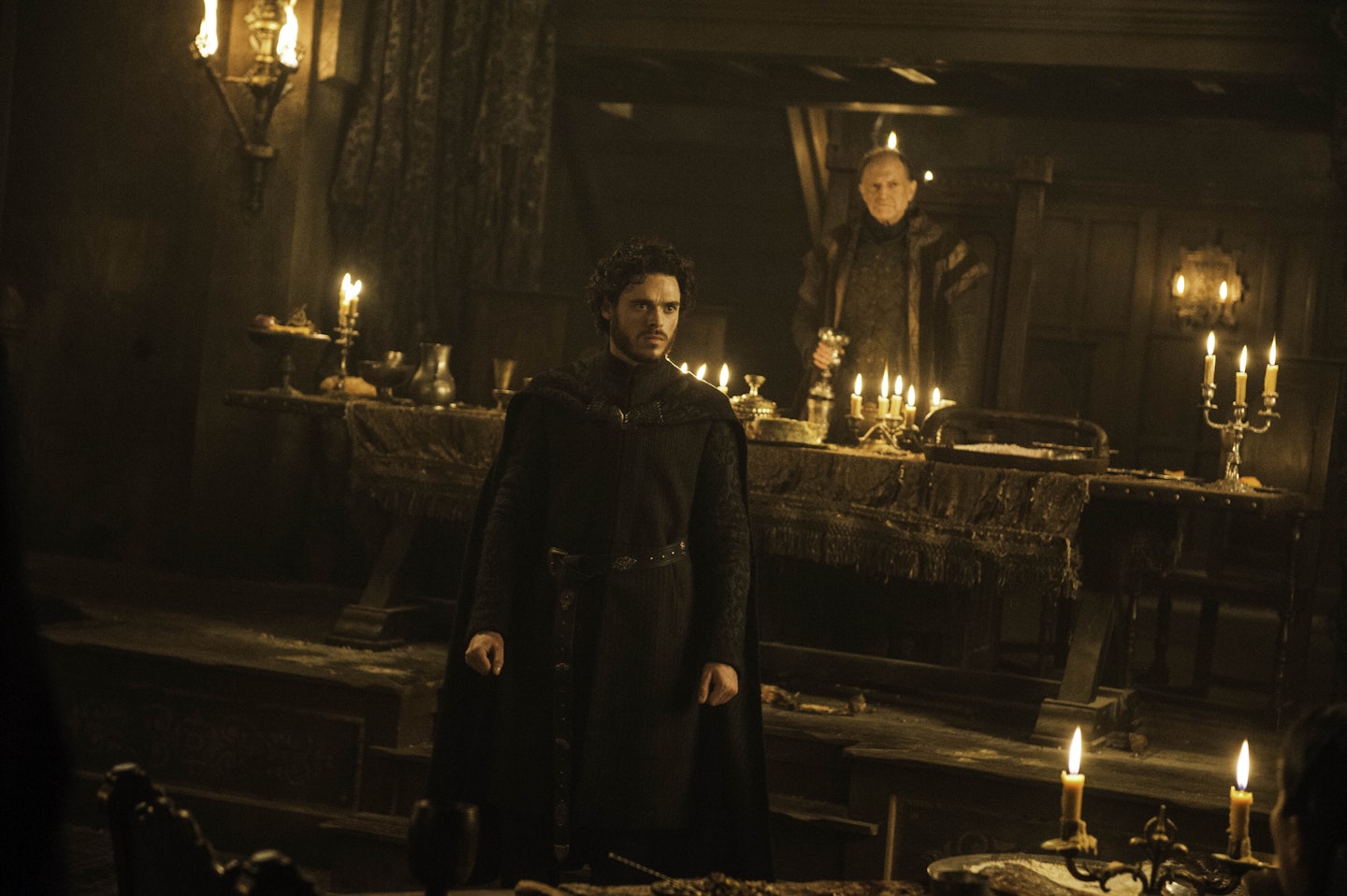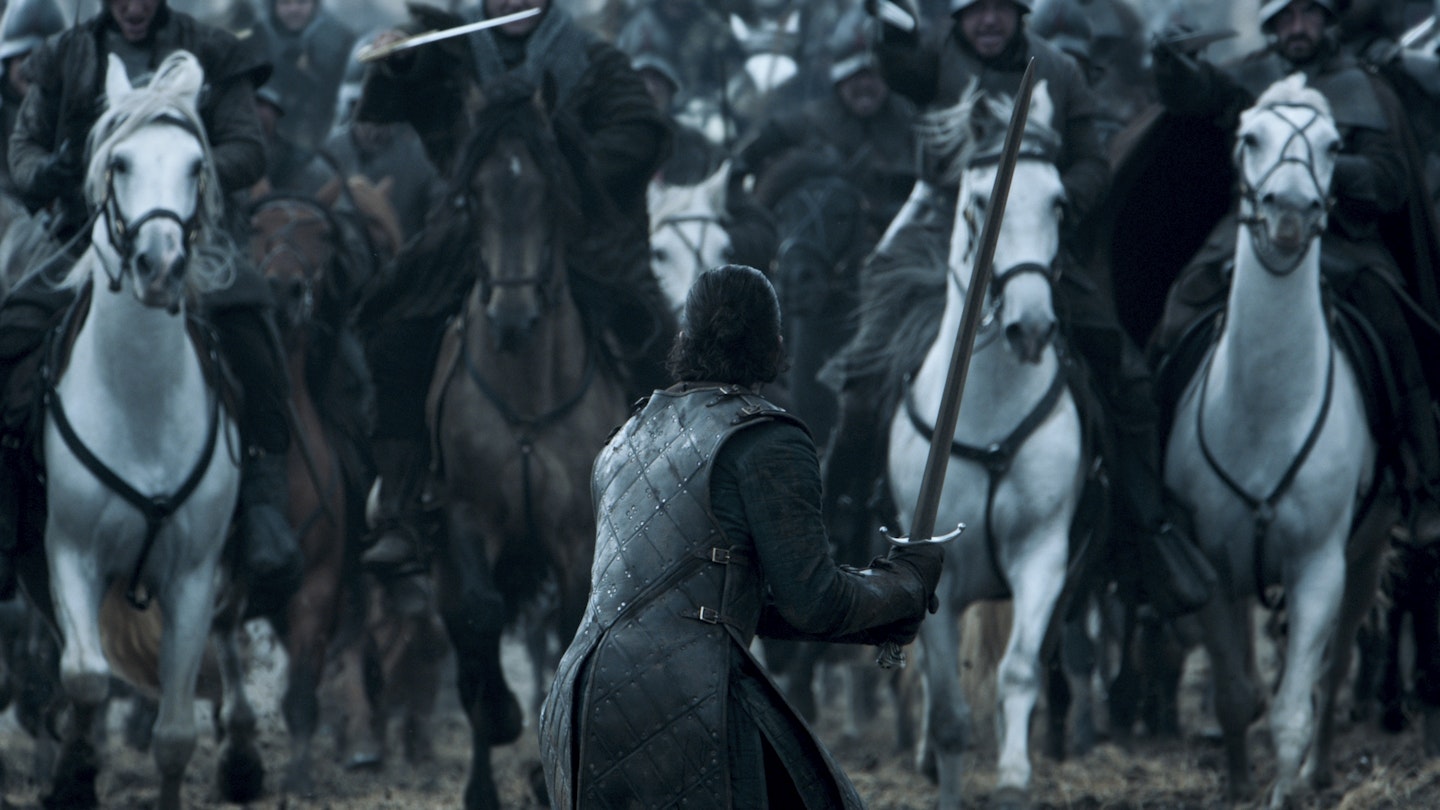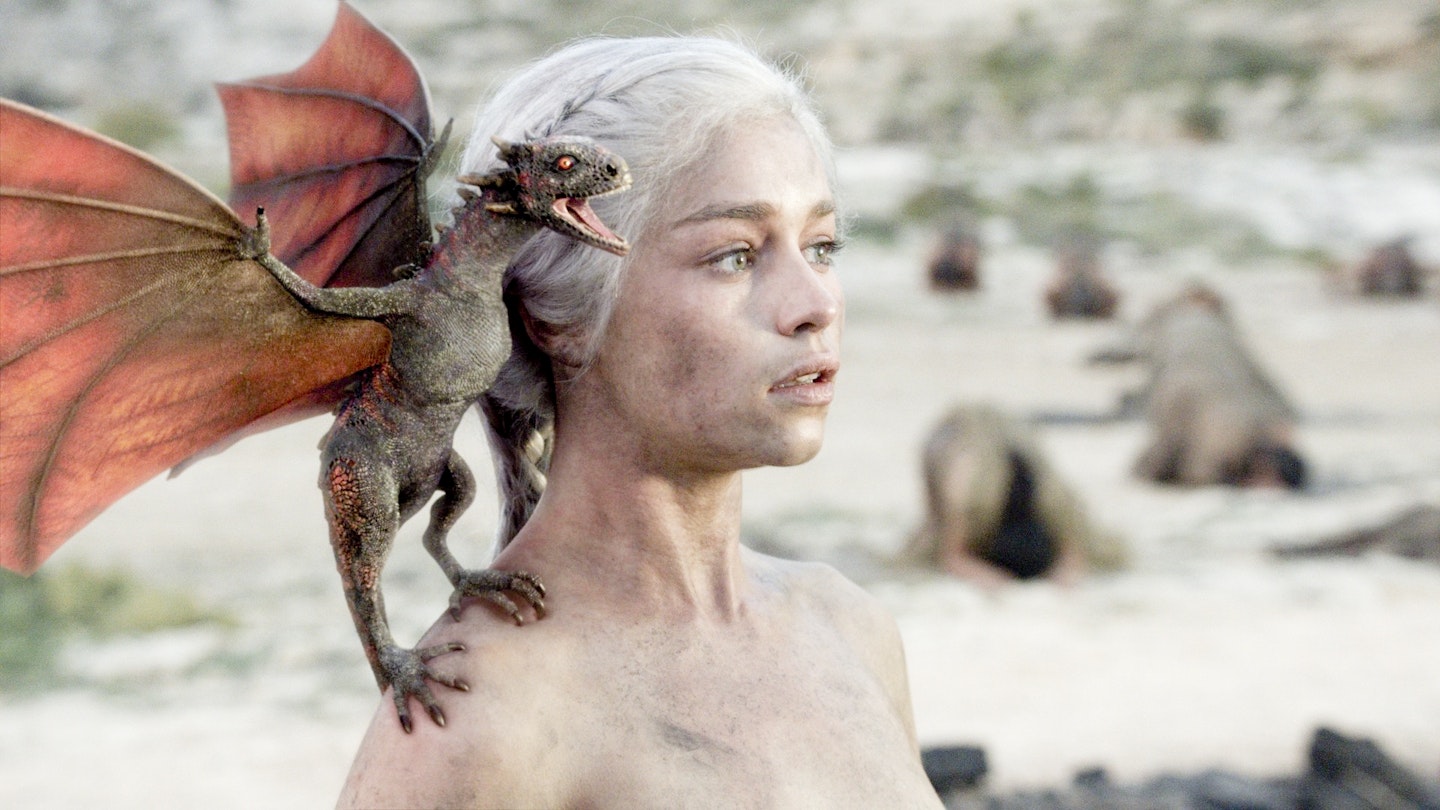
It was a daunting task. Taking George RR Martin's fantasy books, which gave new meaning to the word "sprawling" and translate that to the screen. And it was such a task that the first attempt – the initial pilot at least – was overhauled after a group of executive producers David Benioff and DB Weiss' friends and colleagues told them it was nearly unwatchable and needed major work to salvage it.
Yet salvage it they did – as one of the resulting series most popular lines runs, "when you play the game of thrones, you either win or you die" – and in the years to follow, created one of the most groundbreaking and popular shows on television, a sensation that launched a thousand memes, adapted endlessly quotable dialogue from the books (and came up with some of its own) and rounded up a talented international cast to bring the various characters to life. In an era when the sheer overwhelming choice of channels and shows means that there are so few pop cultural events these days, with episodes dissected and discussed the following day and endlessly online, that Game Of Thrones stood out, igniting more hot takes than soldiers have been run through with swords. Fantasy is a particularly tricky genre to bring to screens, and risks looking ridiculous if handled incorrectly, but with hefty budgets lavished by HBO and a skilled team of craftspeople behind the scenes, the show always looked glorious, shooting in locations around the world to bring the various kingdoms to life. As with Peter Jackson and his Lord Of The Rings adaptations, Thrones seems likely to stand as a standard by which other series that follow will be judged. It conjured dragons and castles, battles and sweeping vistas, deserts and forests. Fans have named pets and children after favourite characters, and the weight of merchandise could bow the back of a dragon.
Politicking and backstabbing, cunning vs courage, the medieval-style world of Westeros brought its own humanity to fantasy, exploring choices and consequences all with a liberal sprinkling of swordplay and sass, blood and breastplates and, yes, a lot of nudity. Early in the series it was deservedly accused of giving in to the worst impulses of the more relaxed restrictions granted to pay-cable TV, with scene after scene of naked people (more usually women) cavorting around while plot points were discussed. "Sexposition" may not have been the show's finest hours, and indeed there were various stumbles still to come as it grew and developed. There's also room for criticism in how it handled some characters, and that in an era in which diversity is more than an easy buzzword, it rarely called upon the talents of women behind the camera or in the writers' room. On screen, the players were largely white, almost everyone else savages, slaves, or hanging around shots as human decoration.
Still, when Game Of Thrones worked, it really worked. Indelible moments included the shocking death (to show watchers who had never cracked the books, at least) of Sean Bean's Ned Stark, introduced as a main character before being offed in episode nine of the first season in a twist that would make Hitchcock chuckle. Daenerys Targaryen (Emilia Clarke), seemingly destined to be yet another of the story's abused, overlooked women, was revealed to be a stealth MVP, walking into a funeral pyre and emerging unscathed from the flames with a group of baby dragons, creatures that would continue the story's legacy of incredible magical power being used for both good and evil. The Red Wedding dropped jaws with its brutal slaying of Robb (Richard Madden) and his mother Catelyn Stark (Michelle Fairley). We learned of the great supernatural threat lurking to the north (with the constant refrain that "Winter is coming"), as the undead, spectral White Walkers and wights, led by the Night King stomped towards the lands of the living, turning fallen foes into frosty soldiers.

Scheming families seized power and plotted to keep it, religious fanatics spread their beliefs and punished those who stood against them – even Lena Headey's calculating Cersei, who soon found a way to strike back. We followed charismatic heroes, villains and those in between, including Peter Dinklage's quick-witted Tyrion, a man who loved wine and women almost as much as he cherished being right. Everyone was flawed, including those who let their nobility and honour blind them to how the world really worked. Jon Snow (Kit Harington), burdened with a blend of both high and low status, and a destiny that promises death and doom, but ultimately... Well, as we write this, the finale hasn't aired, and that has yet to be seen.
With so many stories to service, not everything worked. The time we spent in Dorne never quite coalesced into a useful plotline, and as the producers and writers saw their progress through the narrative overtake Martin's, the resulting departures led to cracks here and there, the final couple of seasons taking on the feel of a student, bored with writing a long essay, hurriedly dashing through the final paragraphs to wrap things up. For a series that prided itself on weaving a complicated tale and letting storytelling simmer, it began to sacrifice character development and subtlety on the altar of plot, the final season marked by big set-pieces with little time in between for either us or the people involved. Even in that fast-paced run-up to the finale there was a chance for greatness, for moments such as Brienne of Tarth (Gwendoline Christie) becoming a knight. For Tyrion and Jaime Lannister (Nikolaj Coster-Waldau) getting to share one last moment together as brothers, to say their goodbyes. For Arya Stark (Maisie Williams), one of the show's best examples of character work finding her humanity again and then using everything she's learned to take out one of the most dangerous threats to humanity in the show.

Game Of Thrones was never going to be a perfect series; nothing is, especially in a time when everyone wants something different out of it and there are those who are appalled by how it has diverged from the source material. The show even (just about) pulled off its trickiest challenge: wrapping up an insanely popular, hugely complicated television saga (read our finale review here) that outpaced its source material, generated endless debate and made household names of several cast members. Now that's a daunting task.
